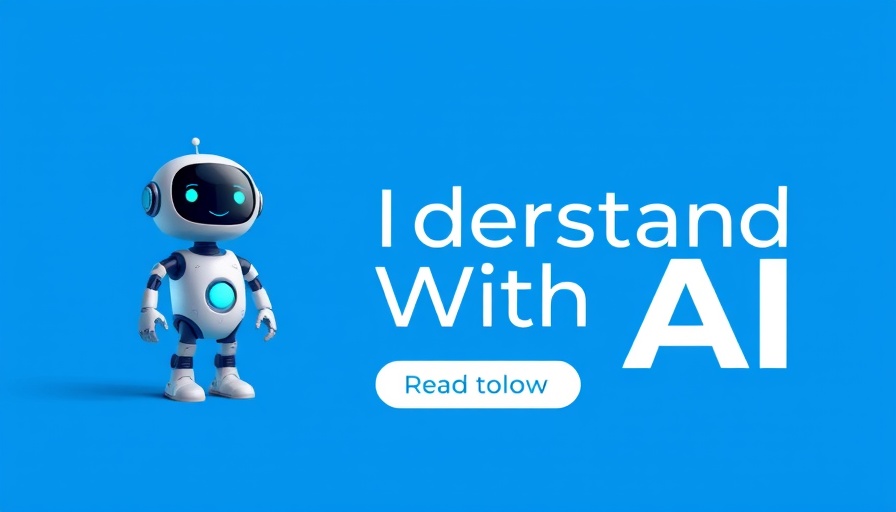
The Myth of AI Replacing Jobs: A New Perspective
In recent years, artificial intelligence has dominated headlines, often accompanied by alarming predictions about job losses. A decade ago, a notable belief within the fintech sector was that AI-driven robo-advisors would drastically reduce the need for financial advisors. However, the reality has proven quite different. Financial advisor roles have not only survived but thrived, with the number increasing from around 200,000 to over 250,000 in recent years.
Experts initially feared a 50% reduction in these careers, but the convergence of technological capabilities and human preferences revealed a more nuanced picture. This discrepancy illustrates an important lesson in the intersection of technology and employment. While AI technologies continue to advance, public behavior, regulatory considerations, and trust in automation have influenced the actual outcomes significantly.
Understanding the Overhang: Why AI Isn’t Replacing Us
The disconnect between what AI can technically achieve and how individuals and businesses are willing to embrace that change exemplifies the concept of an “overhang.” For instance, a recent survey indicated that over half of Americans remain unaware of robo-advisor solutions, with many expressing reluctance to utilize them. This highlights a crucial truth: just because AI can enhance efficiency doesn't mean customers are ready or willing to adopt it as a replacement.
In this sense, technology does not eliminate jobs but transforms them. Financial advisors are now able to direct their efforts toward more complex financial challenges, thanks to the automation of basic tasks that robo-advisors handle. That's a major shift that illustrates how AI supplements the human touch rather than entirely taking over.
Economic Consequences: A Broader Look at AI Adoption
The economic implications of AI's integration into the workforce don't signify an inevitable jobs apocalypse. Citing a recent MIT study, experts argue that the actual jobs at risk of automation may only account for about 5% of the workforce. This suggests a more measured transition, one where some jobs will be lost, but many others may evolve rather than vanish.
As the tech industry recalibrates post-pandemic, we are already witnessing a resurgence in tech hiring, which counters the narrative of mass layoffs and job losses due to AI developments. Reality tells us that while technologies evolve, the human workforce adapts in ways that are often unexpected.
A Future Embracing Both Human and AI Collaboration
The current landscape indicates that rather than replace humans, AI can empower them. This collaboration opens pathways for innovation in various sectors. Financial advisors, for example, are empowered to offer more personalized services, leveraging AI to manage repetitive tasks effectively.
This dual approach—where humans and machines work together—provides a rich ground for growth. As society reconciles with emerging technologies, the future may indeed promise more jobs by enhancing productivity and creating new roles that did not exist before.
Reflect on the Realities of AI
This transformation invites us to consider how we view technology’s role in our lives and careers. It’s easy to fall into a doomsday narrative about AI, but as our past mispredictions have shown, the future is filled with possibilities for enhancement rather than outright replacement.
As we explore these evolving dynamics, it’s crucial for individuals to adapt, learn, and develop skills that complement modern technologies, ensuring they remain integral to the workforce. Instead of fearing AI, embracing it as a tool for collaboration might just lead us to a more innovative and productive future.
To navigate this changing landscape, gaining deeper insights and skills in AI and tech implementation could be the key to thriving professionally. Don't be left behind; explore new opportunities and consider how existing skills can pivot with advancing technology.
Call to Action: ByPass ANY AI Detector with ease with Prompt2Human. Equip yourself with the right tools and knowledge to stay ahead.
 Add Row
Add Row  Add
Add 




Write A Comment